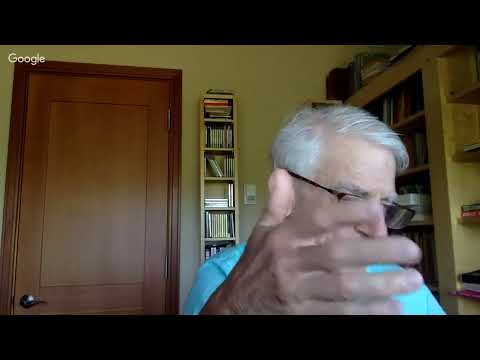To elaborate a bit on ftornay’s explanation, “many” is used routinely in newspaper and magazine articles as well as by newscasters. “Many people show up early at the polls.” Many stores are closed because of the holiday." It is also used in conversations. It is a factual description of the existence of numerous countable objects.
By contrast, “a lot of” is more informal and is used conversationally. Importantly, it can be used to add an emotional twist. For example, John calls a friend to invite him to a barbecue. on the weekend. The friend replies, “Gosh, thanks for the invitation but I have a LOT of things to do to prepare for my business trip on Monday. Sorry.” Using the term “LOT” and emphasizing it verbally, magnifies it and adds a slightly negative connotation. (Oh my goodness, , I have so MUCH to do!) If the friend merely said, “I have many things to do” it is more an objective description of the fact that he has numerous things to do.)
Another example: Mike placed an ad online to sell his bicycle. He tells a friend, “I got a LOT of calls!” How he says this expresses whether he is either very happy that he received so many calls or that there were so many, it was too much. Either way, the emphasis on “LOT” make the expression emotionally stronger (either positively or negatively) which the term “many” doesn’t do.
One can drag out/prolong the pronunciation of the middle vowel of “lot” (L o o o o o o t") in addition to saying the word slightly louder for even more impact. (Doing this does not change the
pronunciation of the vowel. It is NOT like the double “o” in “moon” or “boom.” )
Although "a lot of " can be said where all the words are given equal stress (a l o t o f ) as if it were one word, it frequently is used in speech when a speaker wants to strengthen the emotional connotation. This doesn’t work with “many” because dragging out the “a” is awkward.
In conversations, native speakers instead would more likely repeat the word for emphasis: “I received many many calls.” Still, while this would emphasize that Mike received numerous calls, it doesn’t convey any nuance about how Mike felt about receiving so many calls. That’s one of the reasons why the expression “a LOT of” is so useful in conversations because it does so often
add an emotional spin, depending on how the speaker pronounces it.
In texts, pronunciation cannot provide these nuanced meanings and so writers have to resort to other strategies (additional words such as “numerous, " an overwhelming number of”) or punctuation (underlining, italics, boldface, etc.) to add emotional impact to “many” if desired.
Of course, all this is for more advanced learners of English.
